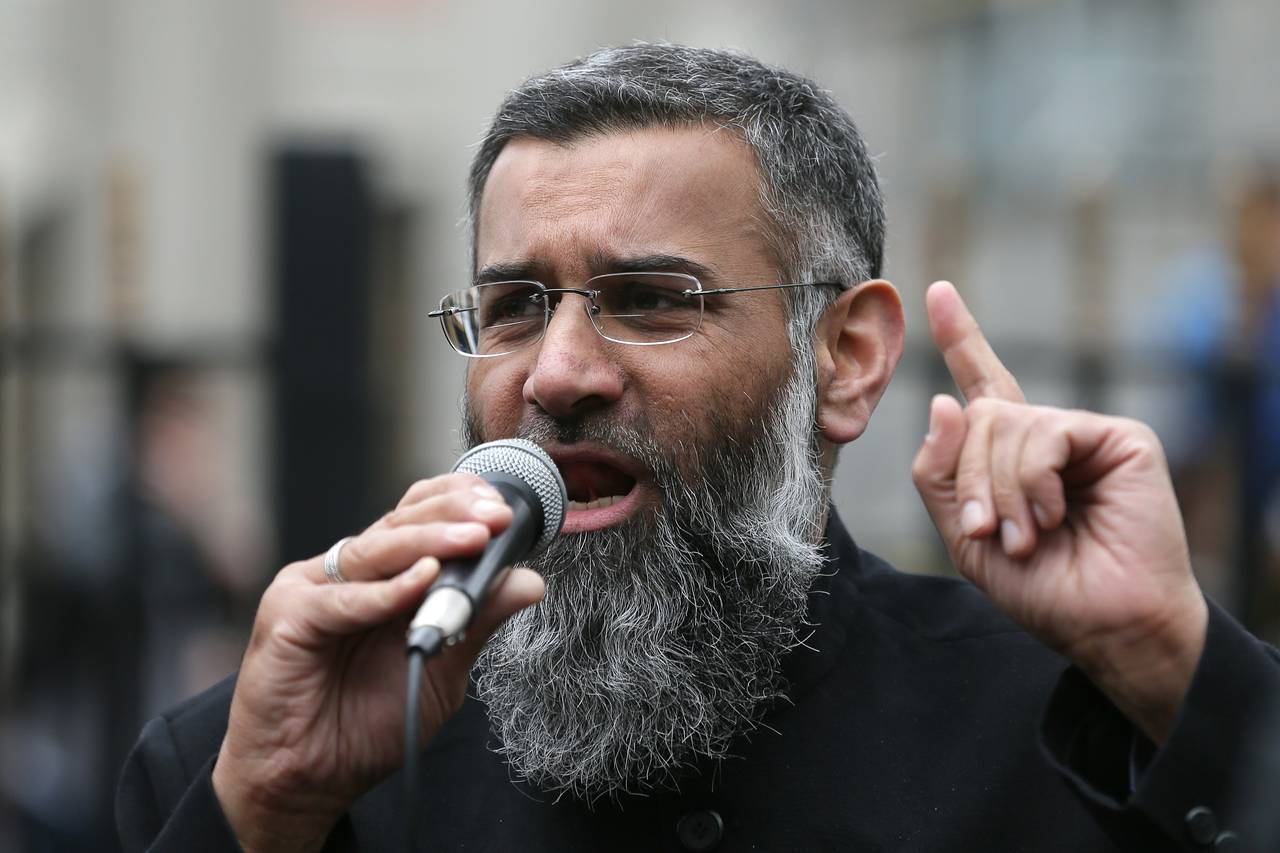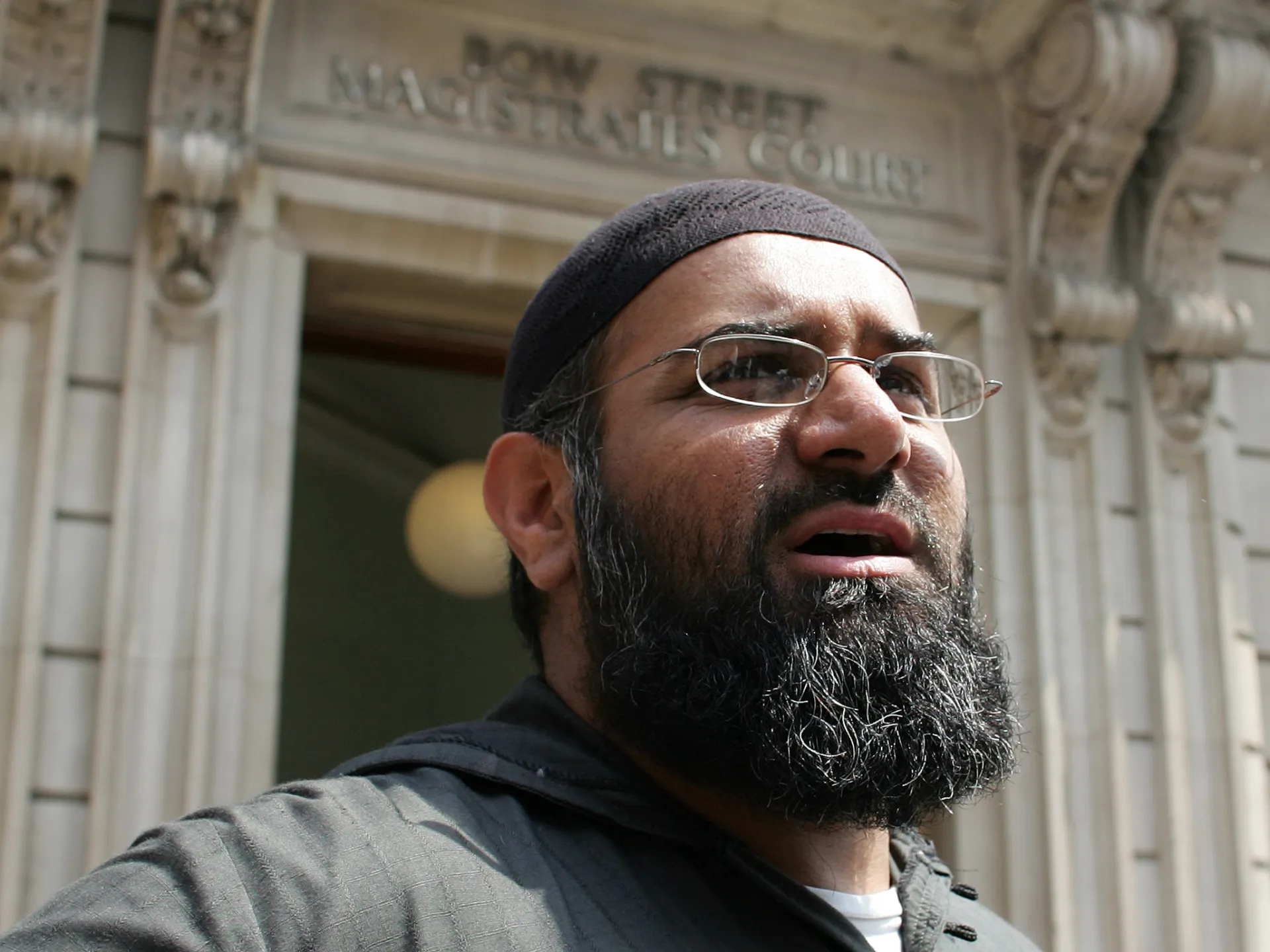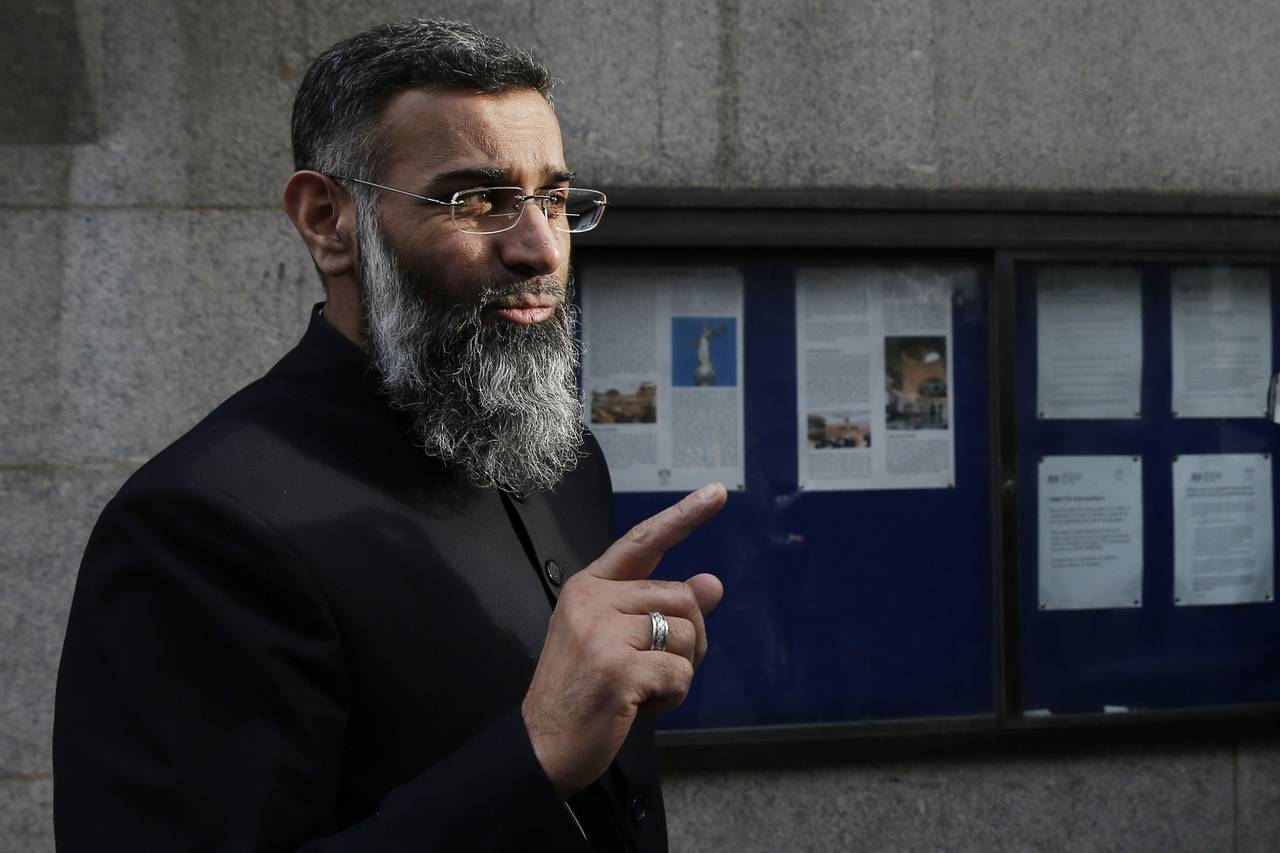In a London courtroom on Monday, Anjem Choudary, a radical British preacher, declared his innocence against two terrorism-related charges.
At 57, Choudary denied allegations of being a member of al-Muhajiroun, a banned organization, and of encouraging support for the group during meetings.
Al-Muhajiroun was outlawed by the British government in 2010 due to its involvement in terrorism-related activities. Prosecutors revealed that the group had operated under various aliases since then, one of which was the Islamic Thinkers Society, to which Choudary had reportedly spoken.

Islamic Preacher (Credits: The Wall Street Journal)
Choudary, widely recognized for his outspoken Islamist views, is set to stand trial on June 4 at Kingston Crown Court alongside Khaled Hussein.
The trial is anticipated to last approximately two months. Hussein, 29 from Edmonton, Alberta, Canada, also pleaded not guilty to being associated with al-Muhajiroun.
Both defendants appeared in the Central Criminal Court, commonly called the Old Bailey, via video link from separate detention facilities. Their arrests occurred on June 17, following Hussein’s arrival at Heathrow Airport.
Choudary’s denial of involvement with al-Muhajiroun comes amid longstanding scrutiny surrounding his radical preaching and alleged ties to extremist groups. The trial ahead is poised to delve into these allegations and shed light on the extent of Choudary’s purported affiliations.

Anjem Choudary (Credits: Al Jazeera)
The case holds big implications, not only for Choudary and Hussein but also for the broader discourse surrounding radicalization and terrorism in the UK. It underscores the ongoing challenges authorities face in combating extremist ideologies and organizations within the country.
As the trial approaches, attention is likely to intensify on the evidence presented against Choudary and Hussein and the legal proceedings that will determine their culpability.
The trial’s outcome could have far-reaching ramifications for counterterrorism efforts and for shaping policies to prevent the spread of radical ideologies within British society.























